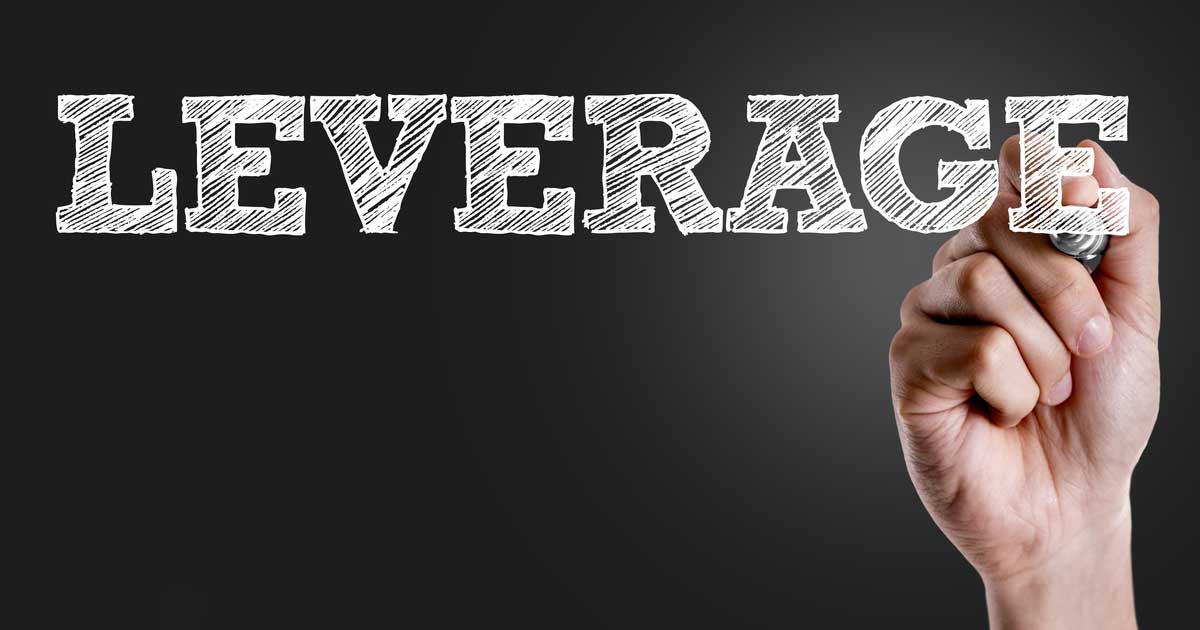Archimedes once quipped, Give me a lever long enough and a fulcrum on which to place it, and I shall move the world. ‘. The most successful people in the world are masters in the use of leverage to achieve their goals; they use other peoples money (debt), other peoples time (team), other peoples failures (study), etc. Success always leaves clues, there is nothing new under the sun, it is not what you do but how it is done.
Your time is limited and finite but you can leverage your time by amplifying your efforts by using other peoples resources like debt, creating a great team, use the internet as a lever, use your talent to create a product such as a book (royalties), master a craft/be exceptional on a domain (Play basketball at Lebron James level and you could leverage that skillset to be extremely wealthy but the challenge is most of us want Lebron kind of wealth but we are not ready to be obsessed or practice at his level.
How does a 19 year Harvard drop out create one of the most profitable businesses in recorded history? Mark Zuckerberg surrounded himself with smart people like Sean Parker (Napster) who connected him to people like Peter Thiel (Paypal) and studied people like Donald E. Graham (Washinton Post). He Sought out mentors and employed the smartest people around him. This strategy is common among ultra-successful and wealthy people, they only work with the best and leverage resources masterfully.
In his book The Fastlane Millionaire, MJ DeMarco shared a great story on the power of leverage, he shared the insight through a great parable:
